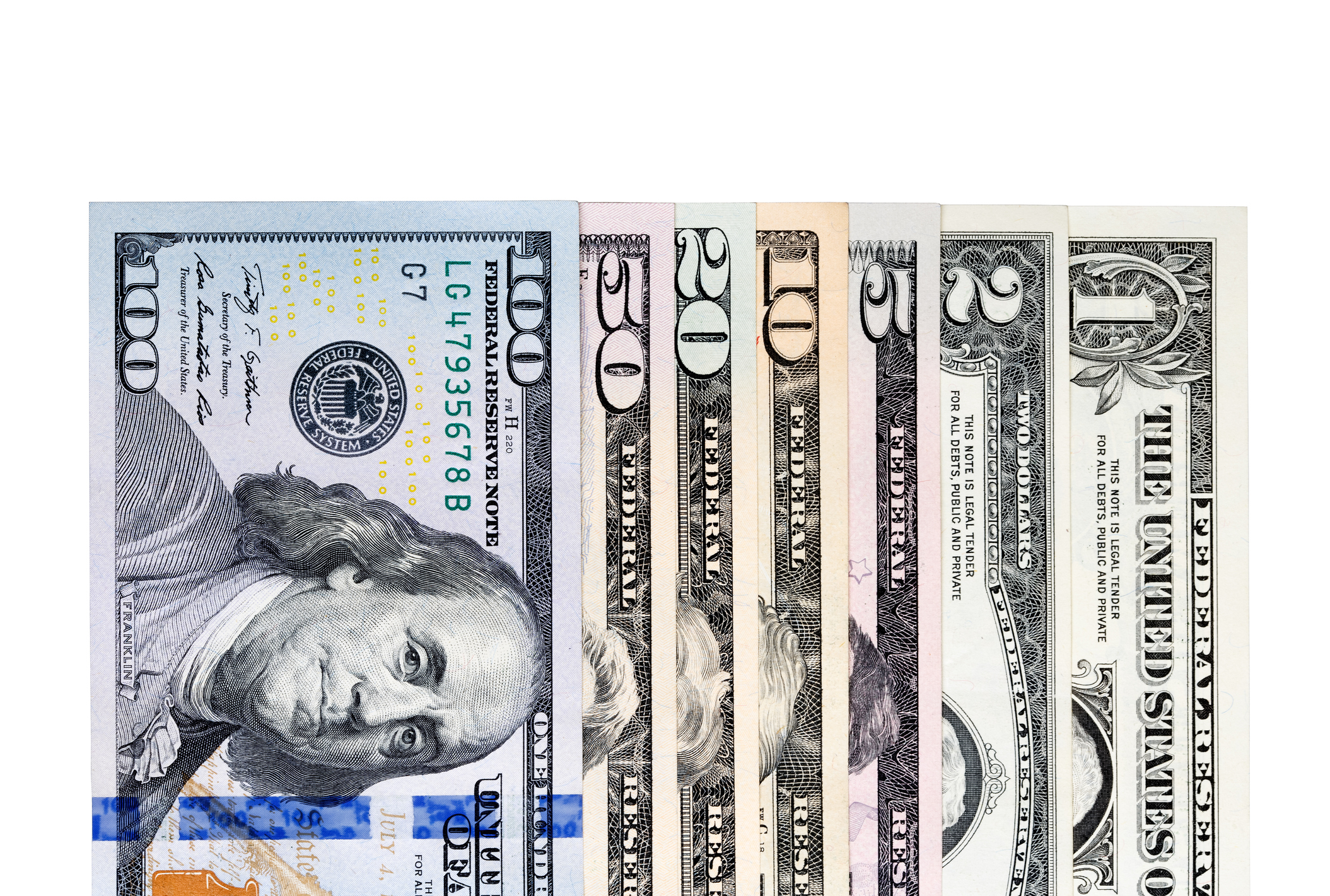
As you know, Jacobs Media has been actively engaged in tracking the COVID-19 crisis these past few months. If you think about the pandemic as a long baseball game, the “Lockdown” was a tough first inning. But now, we’re officially into the second inning – the “Re-Opening.”

That first phase was littered with mass advertising cancellations as businesses big and small scrambled. For radio programmers, it was a particularly
challenging time as they cobbled together remote broadcasts, as well as new content innovations to match the mood of audiences freaking out, hunkering down, or both.
This next chapter will be more of a challenge for radio sales departments, as they reassess their clientele, their goals, and how they can help businesses get back on their feet.
Today’s post is authored by Seth Resler, our Digital Dot Connector. Seth has many wonderful talents, but his “superpower” is his grasp of digital marketing – defining it, harnessing it, and applying it. – FJ
For weeks, we’ve all been talking about the changes the radio industry has made in response to the COVID-19 pandemic that will eventually become a permanent part of our “new normal.” Whether it’s DJs broadcast from home or conducting focus groups over Zoom, some things are here to stay.
Assuming that we’ve got some choice in the matter, I’d like to nominate a change that should become permanent:
The way radio stations find new advertising clients.
Radio doesn’t do it the way other industries do it, and frankly, other businesses do it better.
What We Mean By “Marketing”
I learned this when my career took a detour away from radio. I spent some time working in a Silicon Valley company that built marketing automation software. While I was there, I discovered most other industries don’t use the word “marketing” the way that the radio industry does. In radio, when we talk about our “marketing staffs” or our “marketing budgets,” we’re talking about resources that are used to attract more listeners. When we engage in “marketing,” we are trying to grow our radio stations’ audiences. In other words, “marketing” is something that happens on the Programming side of the building.
But in other industries, “marketing” is part of the Sales process. When companies like Coca-Cola or Ford or Salesforce engage in marketing, they are trying to attract more customers. That means the people who give these companies money in exchange for goods and services. For other industries, “marketing” is about finding more people who will pay.
When the realization hit me, it was eye-opening: In radio, we use marketing to reach more people who do not pay us anything. Sure, we make money off those listeners indirectly: more listeners equals higher ratings equals more advertisers. But it’s amazing how few resources our industry directly devotes to attracting paying customers.
 We do very little marketing on the Sales side of the building. Most radio stations rely on an antiquated practice known as “prospecting.”
We do very little marketing on the Sales side of the building. Most radio stations rely on an antiquated practice known as “prospecting.”
In prospecting, you monitor other local media outlets to find out who’s advertising there, then pitch your wares to those advertisers.
There’s two problems with this: First, the advertising money has already been spent. And second, it relies on your convincing the advertiser that when they spent the money, they did it wrong. This is like standing at the end of the KFC drive-thru and yelling at every car that exits, “Next time get a Happy Meal!”
Other industries use far more sophisticated techniques to find prospective clients before they’ve spent their advertising budget: content marketing, lead nurturing, lead scoring, etc. For the sake of simplicity, we can combine all of these components under the general heading, “lead generation.”
If this sounds complicated, that’s because it is. It doesn’t take much to listen to a competing radio station and write down the names of their advertisers; but building a real marketing strategy that reliably produces qualified leads takes a lot of skill. Historically, the radio industry has not invested in people with this skillset.
Marketing vs. Sales
I know this because the radio industry delegates its lead generation efforts to its salespeople. At companies in other industries, the marketing staffs generate leads and the sales staffs close deals with those leads. But in radio, we combine the two: our sales staffs are tasked with both finding leads and closing leads. This is a problem because they require two very different skillsets, and it’s rare to find people who can do both.
Designing an Adwords campaign targeting prospective clients is very different than servicing a longtime advertiser. The same staffer should not be performing both roles. When we assign marketing duties to our salespeople instead of marketing specialists, what we’re really saying is “lead generation is not that important.”
This was a problem for radio before the pandemic, but like so many other things, COVID-19 has magnified it to the point that it can no longer be ignored. Chances are, the outbreak has caused your station’s stream of leads to dry up. It’s not just a few businesses that are gone; entire verticals — like bars and restaurants or concert venues — are off the table for the foreseeable future. If a station’s only strategy for finding new leads right now is to monitor other local media outlets — all of which are suffering from the exact same problem — we’re in a world of hurt. Prospecting will not get us out of this hole.

To recover from the losses caused by the pandemic, radio broadcasting enterprises will need to discover new verticals with money to spend during this pressurized period, and attract their interest before those companies spend their advertising budgets elsewhere. This is, of course, the art of lead generation.
To do this, our stations will need to hire specialists. These are not salespeople, and they are not B2C marketing staffers on the programming side of the building. They are dedicated B2B marketing people who work for the Sales department. Their job is to find prospective clients and pass those leads on to the sales reps so they can close deals.
More importantly, the job of these marketing staffers is to build lead generation engines that consistently churn out leads for their sales teams. They will be able to combine different components — such as websites, email databases, search engine optimization, webinars, and marketing automation software — into complete, coherent systems.
In other words, they’re not just repeatedly performing a task; they’re building an infrastructure that repeatedly performs the task for them.
Hire Marketing Experts
To do this, we’re going to need to hire marketing experts. They will come from outside of the radio broadcasting industry, and the good ones will not be cheap. But they will be worth their weight in gold because they will help stations find new sources of revenue in the post-pandemic world.
Here’s a crash course in how lead generation can work for radio:
For a more detailed explanation, watch this webinar.
There’s no telling what survives the pandemic and what doesn’t. For the next few years, we may be picking up carry-out food from our favorite restaurants before heading to the drive-in rock concert. But if movie theaters and in-person staff meetings don’t make it, let’s hope they’re joined on the ash heap of history by the practice of “prospecting.” Now more than ever, it’s time for radio companies to shed this antiquated practice and adopt the more sophisticated lead generation techniques found in other industries.
- A Simple Digital Treat to Thank Your Radio Listeners This Thanksgiving - November 13, 2023
- Interview Questions When Hiring Your Radio Station’s Next Digital Marketing Manager - November 6, 2023
- A Radio Conversation with ChatGPT: Part 2 – Promotions - October 30, 2023




A lot of this relates (granted, indirectly) to something that’s been bubbling around in my mind for some time: The radio industry (broadly speaking) still needs to be a lot better about promoting (or, yes, “marketing”) itself more widely–i.e., not just to prospective listeners and advertisers (or, in some cases, regulators). Perhaps a better way to think about it is that radio needs to include more of a public-relations approach–beyond what groups like the NAB do for broadcasting, in general.
Of course, I’m biased here (considering what my job is), but broadcast radio is often considered to be a lesser medium–behind TV, online, or even print (depending on the circumstances). Perhaps one reason for this, though, is that a lot of broadcasters still don’t see themselves as part of a larger, overlapping group of “communicators”–a feeling that might also be reciprocal. As the post highlights, the best way around that involves longer-term, “fuzzier” tactics–and a focus on additional “audiences” (plural).
From a media-relations standpoint (i.e., closer to my specialty), this means that the industry can’t rely on just the “trade press”–or that it should consider the “trade press” to be significantly broader. I can’t speak specifically for Jacobs Media (or any other company), but I feel that a lot of the current research needs to also be targeted or geared toward those in PR or public affairs. In terms of specific outlets, this might include O’Dwyer’s, Bulldog Reporter (from Agility PR Solutions), PR Week (from Haymarket Media), PR News (from Access Intelligence), PR Daily (from Ragan Communications), and PRovoke (the former Holmes Report). And, on the flipside, perhaps more broadcasters should be paying attention to at least some of those outlets.
Eric,
Thanks for the comment. I agree with you, radio also needs to do a much better PR job. While that’s different than lead generation, the two efforts can definitely complement each other.